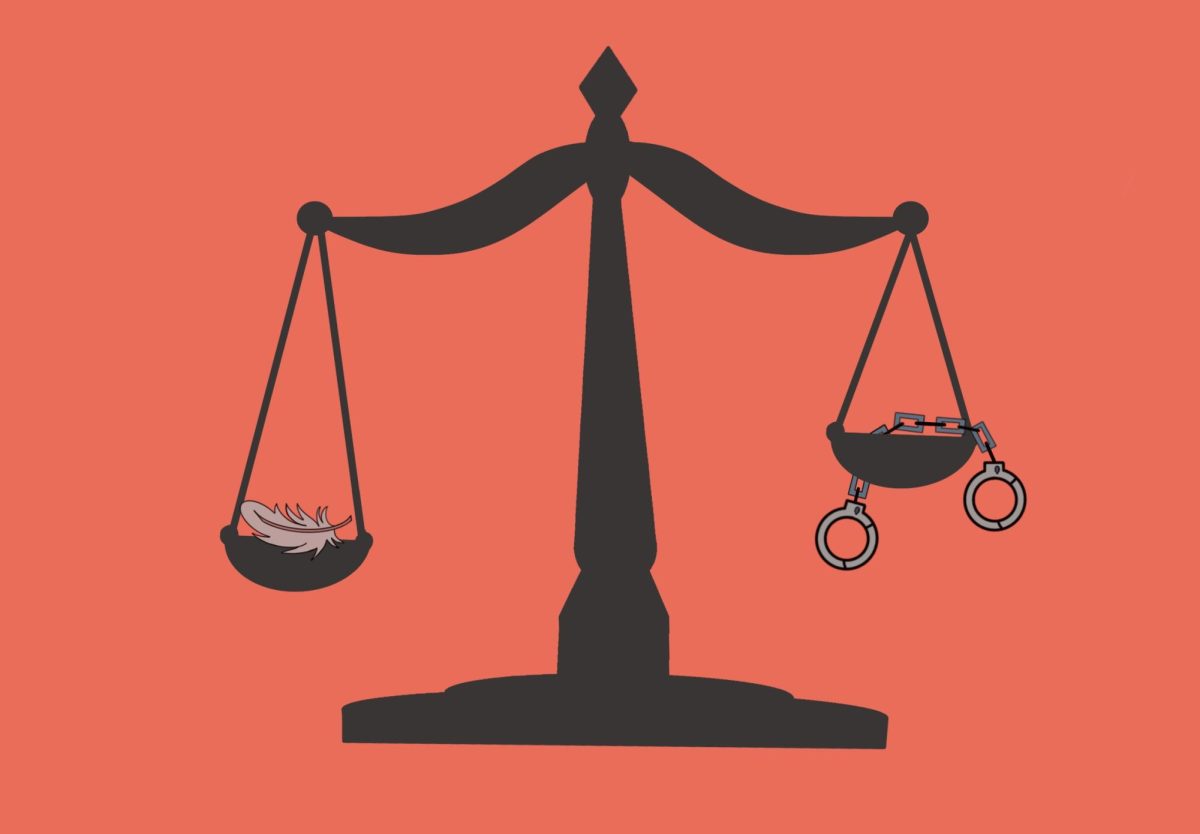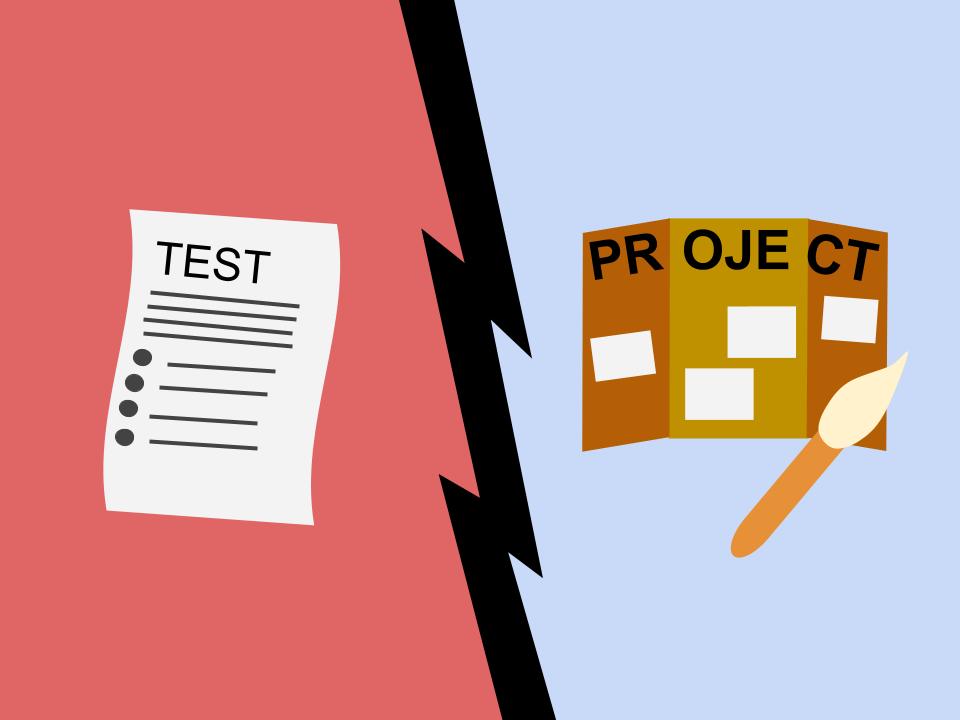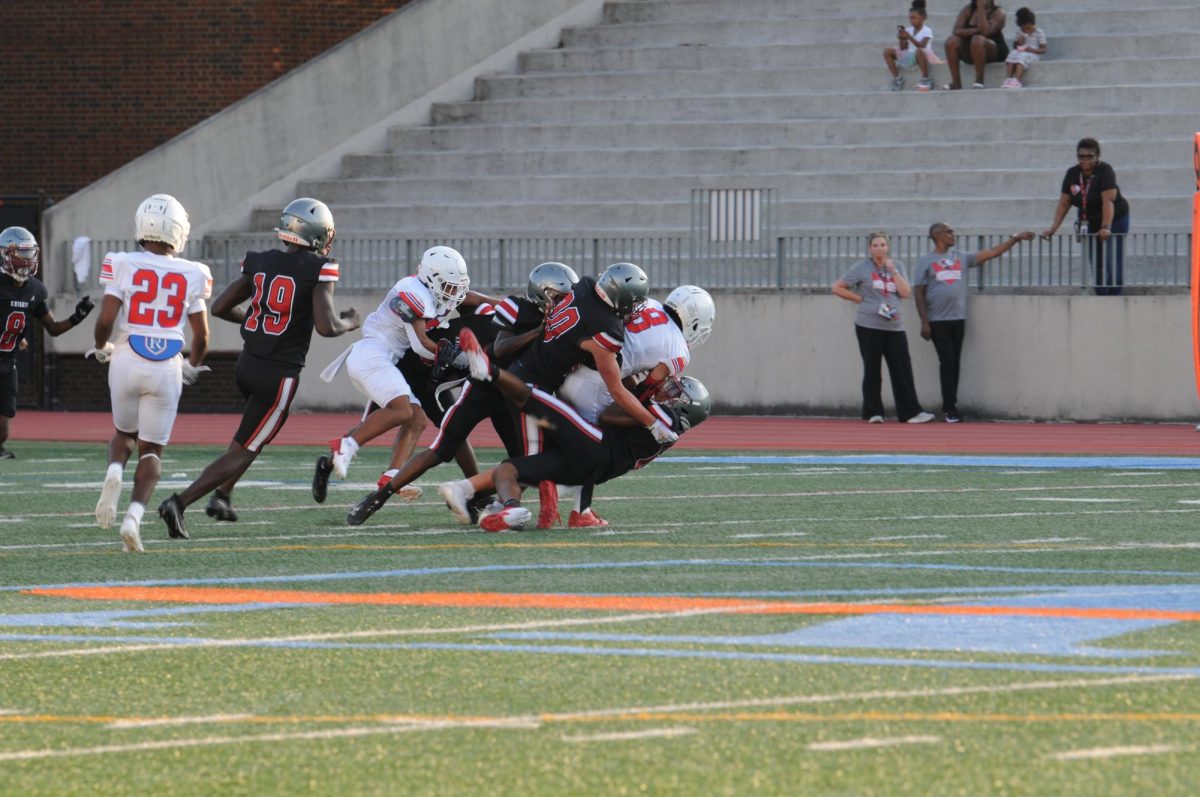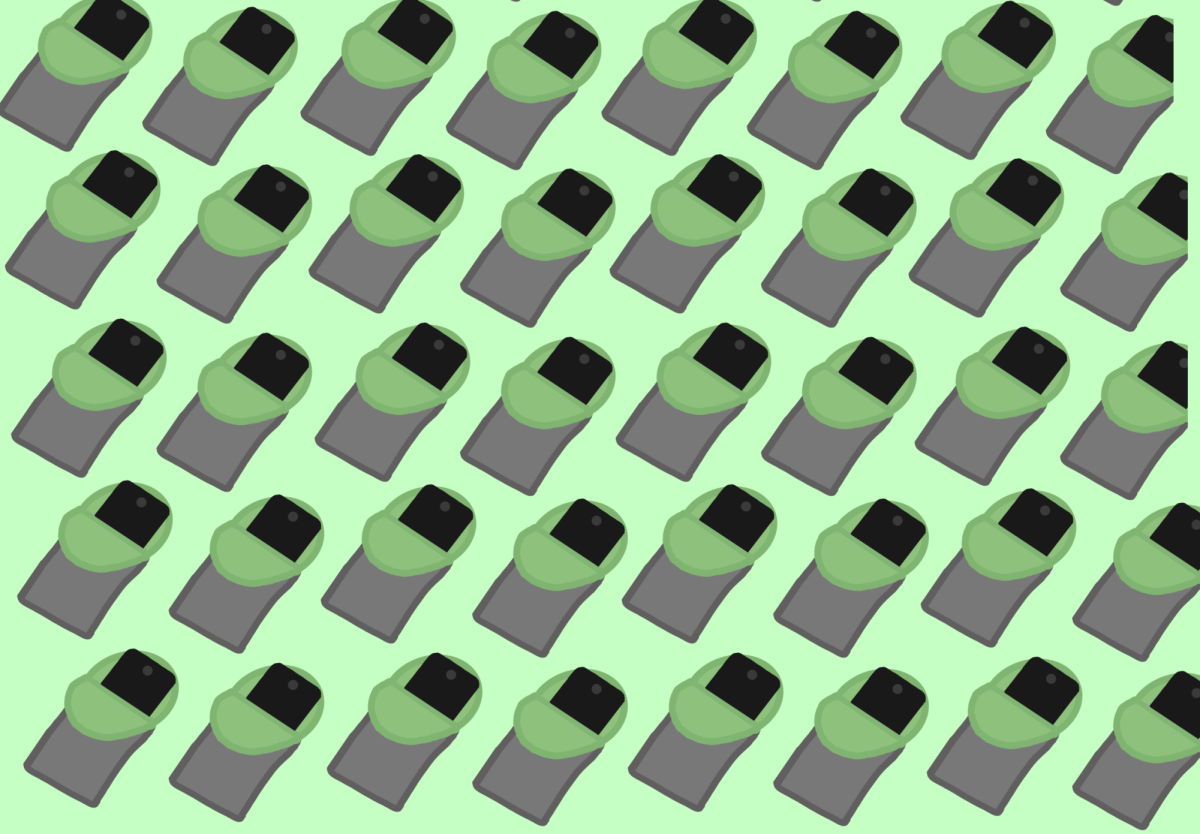Head to Head: Midtown’s new 60/40 grading system

This year Midtown introduced a new method of grading, with 40% of a student’s class grade consisting of classwork, homework and quizzes, and the other 60% consisting of tests and projects. Disliked by many students, this new system will negatively affect student achievement and self-esteem, as well as create more work for teachers.
Under the new system, students who struggle with time constraints or testing formats will be severely disadvantaged. A student may not do well answering free-response questions, but nevertheless, could show mastery of the subject through homework or classwork. However, because tests have a much heavier weight than classwork or homework, “bad” test takers will be penalized in the class, suffer from a lower class grade and have a lower GPA, even though they may have the same level of mastery of the subject as “good” test takers.
Because 60% of a student’s overall grade is based on tests and the occasional project, anxious test takers will experience even more anxiety surrounding testing, and as a result, will likely do worse. The grade these test takers will receive on these higher stakes tests will not reflect the actual knowledge these students have. For these “bad” test takers, poor results often fuel weaker self-esteem and create a future cycle of test taking difficulty.
This new policy will also generate more work for teachers, considering that students can now retake any test no matter what grade they scored. High school teachers can have up to six or seven classes, each with 30 students or more; that’s over 180 tests to grade. Grading tests can take up a lot of a teacher’s time. With the extra weight now given to tests, the new retake policy, which allows unlimited retakes, may cause a large percentage of students to retake a test. The large percentage of retakers, in addition to the fact that teachers have to create a new test every time, will significantly increase the time teachers need to spend on testing and grading.
Some may argue that this policy will encourage students to study more and be more engaged in class. This argument has some truth, but it does not take into account the overwhelming fact that the 60% weight given to tests applies to all the student’s classes, not just one. It also does not take into account the challenges that will be faced by those who have trouble paying attention in class and those who are poor test takers.
A more fair approach of student evaluation would include incorporating a diverse range of assessment methods. For example, spreading a student’s summative grades equally across portfolios, presentations, projects, essays and collaborative activities. Using other summative grades, in addition to testing, would evaluate a student’s grasp and mastery of the material being taught in a variety of ways that would lead to a more accurate class grade.
The new 40%-60% grading system will have negative impacts on the students’ self worth, their class grades and their education. The grading system penalizes students who lack inherent skills like test taking. It also penalizes anxious testers who fail to recall information during tests, and teachers, who will struggle with the influx of students who want to retake tests.
Though initially disliked by many students, Midtown’s new 40%-60% grading policy has a multitude of educational benefits as tests and projects are fairly emphasized through the system.
The new policy consists of two categories, the summative category, which is comprised of tests and projects, and the formative category, which is quizzes, classwork, and homework. With tests and projects now having a grade value of 60% — far more than they previously counted for — tests and projects have a greater importance in the class’ grade calculation. Tests and projects are now averaged together in the summative category; so, doing well on them is vital to maintaining good grades. The emphasis of the summative category helps students master the topic and demonstrate their knowledge more effectively.
Grades should be a direct reflection of the student’s overall understanding of standards and skills, not the classwork, quizzes and homework they completed along the way. As assessments now retain a much more significant portion of the overall grade, students are required to truly master the topics to do well in a class.
Students will need a deep understanding of the standards to do well on the summatives, meaning that they will be forced to develop better skills and successful methods of studying. This is beneficial for students, as they will gain extremely useful skills and knowledge to succeed on summative assignments in high school and in college.
Although some students may be worse at taking tests than others, tests reflect the student’s knowledge of a subject, as well as their problem solving skills and ability to handle a difficult task. Developing these skills is extremely useful in life and can be improved through practice, such as frequent weighted tests with opportunities for retakes.
Another benefit to the new system is that different categories of grades can now average in with others to improve students’ overall grade. For example, if a student does poorly on a test, they can fix their grade by doing well on a project, since projects and tests are now calculated together. This is very helpful to students who need opportunities to improve their grade.
While some say that the 40%-60% policy is bad because of its minimizing effect on the value of quizzes, this is simply because tests and projects are more important. Although quizzes do assess an individual’s knowledge and ability to problem solve, tests and projects are more comprehensive and require individuals to know and apply a broad range of knowledge.
Tests and projects usually cover a whole unit, compared to quizzes, which typically cover only one or two topics within the unit. Summatives require students to use multiple ideas together to solve a problem, while quizzes only require students to use a small bit of knowledge. Typically, tests and projects assess if students can connect multiple points in a unit, while quizzes usually only assess if students know each individual point. Since creativity and certain complex skills, such as combining standards, are used in tests and projects, but not quizzes, it makes sense that tests and projects have a much larger impact on the student’s overall grade.
The new policy is the best way of handling grades in a way that prioritizes education, as well as giving formatives and summatives a fair portion of overall grades.
Overall, the new 40%-60% grading policy has an array of benefits, such as that it emphasizes tests and projects, assigns fair percentage values to each grade category, allows for students to improve their grades and prepares students for college. Midtown’s 40%-60% policy is here to stay, and instead of condemning it, it should be appreciated by all for its wide range of educational advantages.























